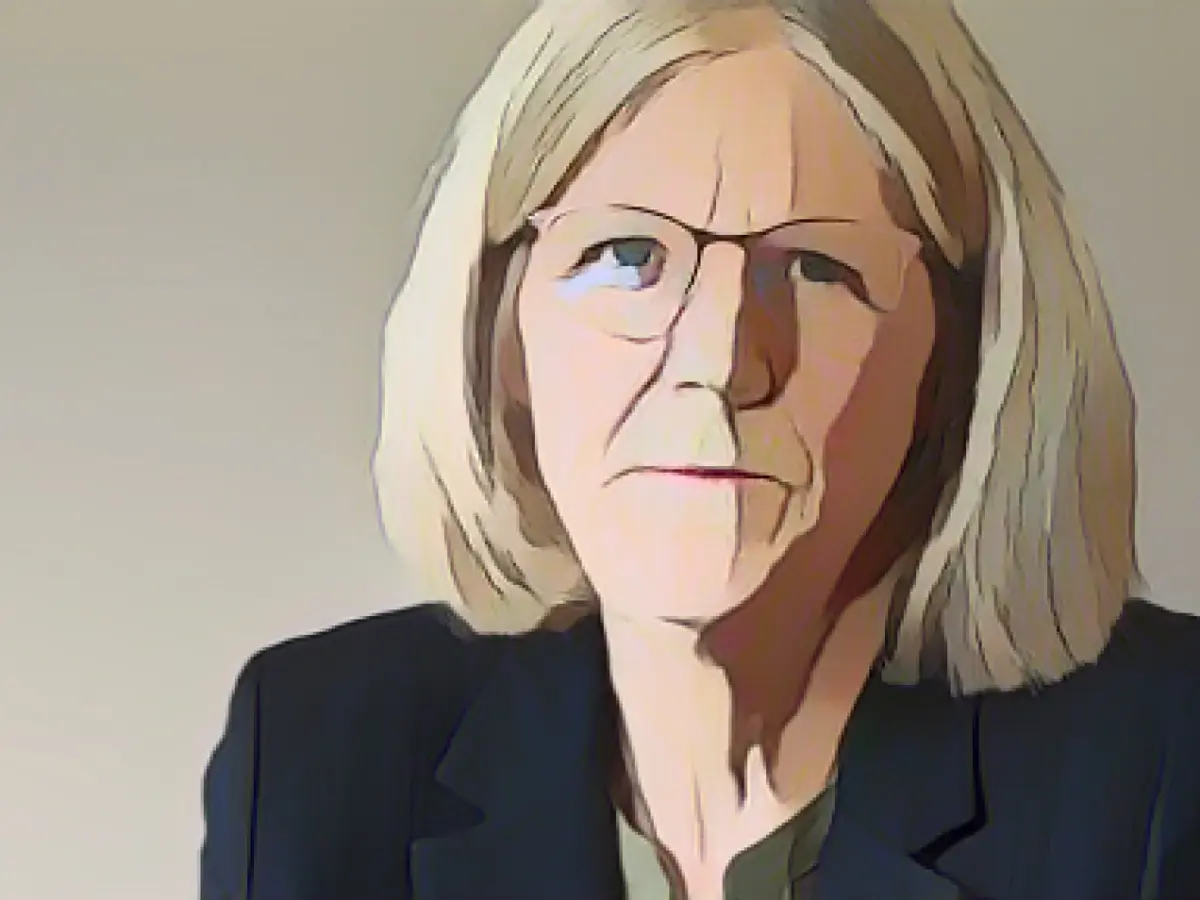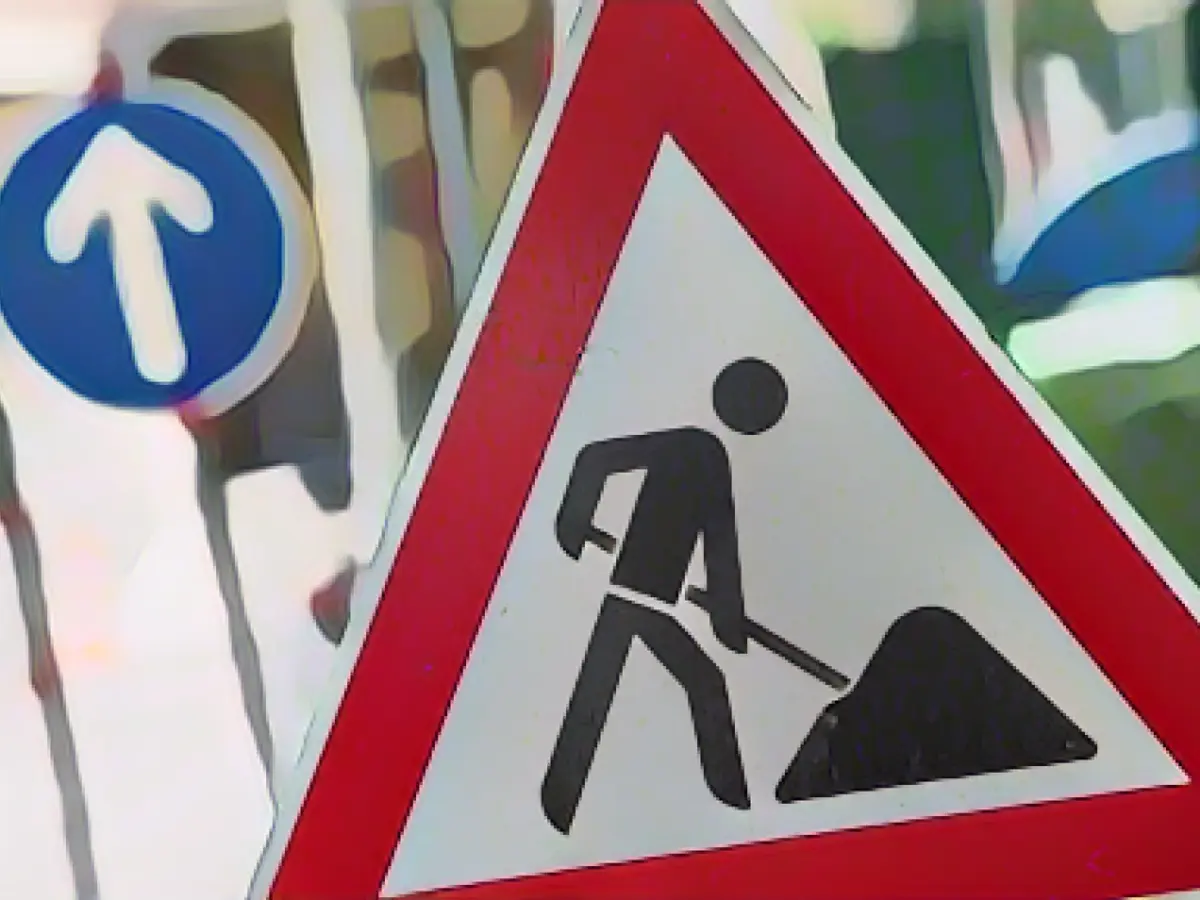Giving a Voice to Women and Girls with Disabilities in Thuringia
Equality advocate Gabi Ohler, Thuringia's Commissioner for Equal Opportunities, has emphasized the urgent need for enhanced support for females living with disabilities. These women are frequently subjected to double discrimination due to their gender and disability, Ohler pointed out on International Day of Persons with Disabilities this past weekend.
"It is essential that we focus on those who encounter multiple forms of discrimination," Ohler asserted. In the coming year, you can expect to see more empowering workshops and seminars for women with disabilities, along with events specifically aimed at improving their access to essential medical services, for instance. Obtaining appropriate medical care can prove challenging for women with disabilities who rely on barrier-free construction.
Regrettably, women with disabilities are three times more likely to experience violence compared to their non-disabled counterparts and are also more likely to struggle financially, living below the poverty line.
As per the German Institute for Human Rights, approximately 6.5 million women and girls with disabilities lived in Germany in 2017, making up about 15 percent of the female population.
Exploring Further:
- Empowering Communities: Empowerment workshops and events can provide valuable resources and support systems that empower women with disabilities to advocate for their rights and improve access to essential services.
- Barrier-Free Healthcare: Ensuring that healthcare facilities are inclusive and accessible to all individuals, including women with disabilities, is crucial in combating the challenges that hinder their ability to seek medical care. This can be achieved through advocacy efforts, investing in infrastructure, and collaborating with local organizations.
Beyond the Headlines:
- While the focal sources available do not specify any tailored initiatives for Thuringia, broader discussions and initiatives addressing discrimination persist throughout various sectors such as education, housing, and employment. Evaluating these initiatives could potentially offer insights for enhanced support for women and girls with disabilities in the region.








